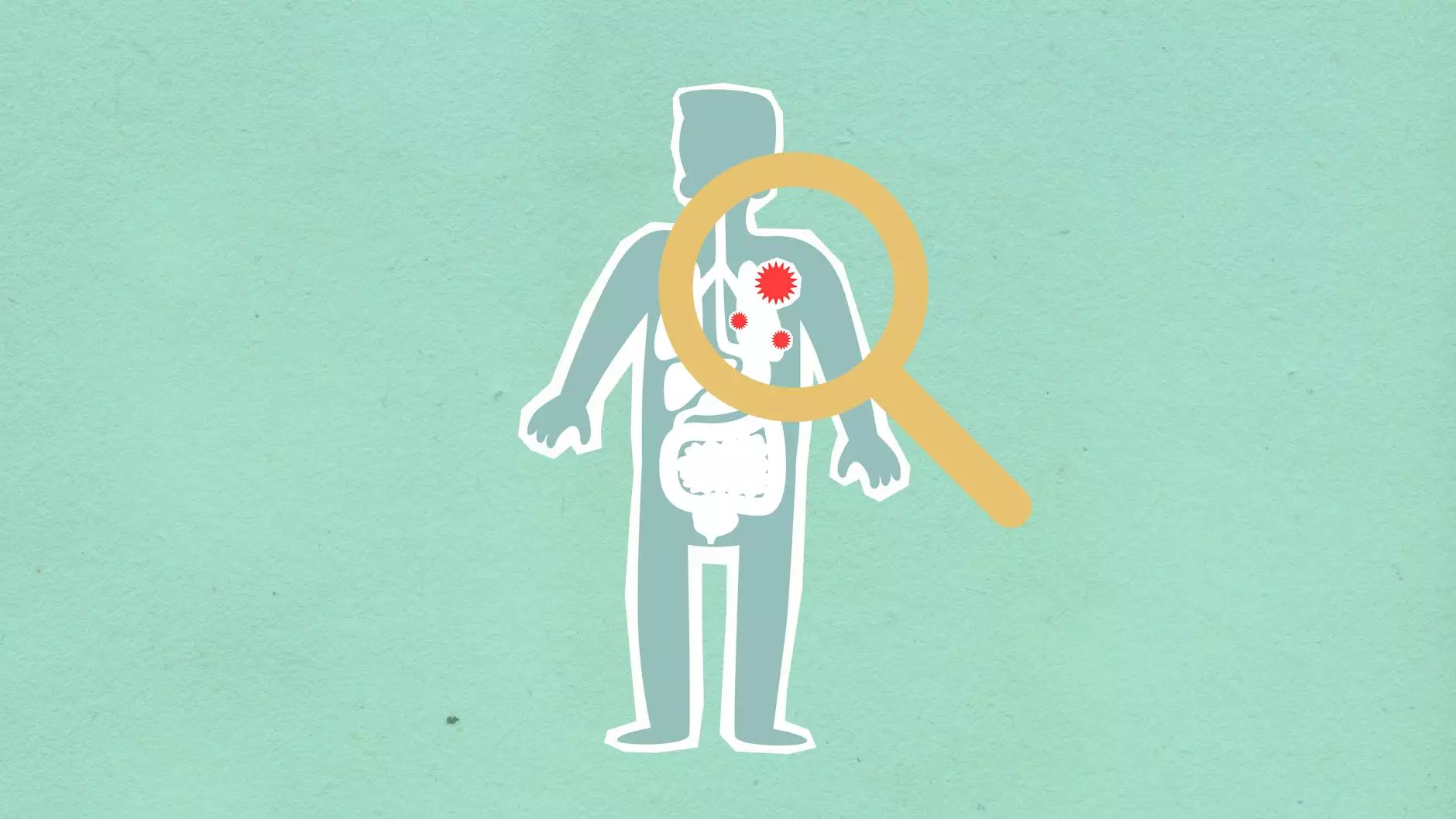Early, Accurate Alzheimer's Disease Diagnosis Critical For Avoiding the Often Devastating Impact of Misdiagnosis
Health
Welcome to Ageless Wisdom Magazine, your trusted source for insightful and comprehensive information on various aspects of life. In this article, we will delve into the critical importance of early and accurate Alzheimer's disease diagnosis in order to avoid the often devastating impact of misdiagnosis.
The Significance of Alzheimer's Disease Diagnosis
Alzheimer's disease, a progressive neurological disorder, affects millions of individuals worldwide. This degenerative condition primarily affects memory, thinking abilities, and behavior, making early diagnosis crucial for effective management and treatment.
Accurate diagnosis of Alzheimer's disease is a challenging task, given its complex and often subtle symptoms. However, timely recognition and intervention can greatly improve the quality of life for both patients and their caregivers.
Understanding Alzheimer's Disease
Before discussing the importance of early diagnosis, let's gain a deeper understanding of Alzheimer's disease itself. Alzheimer's is the most common form of dementia, accounting for approximately 60-80% of all cases.
The disease involves the accumulation of beta-amyloid plaques and tau tangles in the brain, leading to the death of neurons and subsequent cognitive decline. Initially, individuals may experience mild memory loss and difficulty with language and problem-solving skills. As the disease progresses, symptoms worsen, impacting daily functioning and independence.
The Devastating Impact of Misdiagnosis
Unfortunately, misdiagnosing Alzheimer's disease can have severe consequences for patients and their loved ones. Many other conditions share similar symptoms, such as depression, normal aging, or even treatable medical conditions. Misdiagnosis can delay appropriate treatment and support, exacerbating symptoms and diminishing the chance for optimal outcomes.
Furthermore, misdiagnosis can lead to unnecessary emotional and financial burdens, as individuals may undergo invasive and costly procedures or unnecessary pharmacological interventions.
The Role of Early Diagnosis
Early diagnosis is a powerful tool in managing Alzheimer's disease. It enables individuals and their families to plan for the future, access appropriate care and support resources, and participate in clinical trials and research studies that contribute to advancements in treatment and prevention.
Research suggests that early intervention, including lifestyle modifications, cognitive stimulation, and pharmacological therapies, can potentially slow down the progression of Alzheimer's disease and enhance the overall quality of life.
Diagnostic Strategies for Alzheimer's Disease
Obtaining an accurate Alzheimer's disease diagnosis involves a comprehensive assessment, including medical history, physical examination, neuropsychological testing, and brain imaging scans. Collaborative efforts between healthcare professionals, such as neurologists, geriatricians, and dementia specialists, play a crucial role in reaching an accurate diagnosis.
In recent years, advancements in diagnostic technologies, such as positron emission tomography (PET) scanning and cerebrospinal fluid analysis, have further improved the accuracy of Alzheimer's diagnosis. These techniques allow for precise identification of beta-amyloid plaques and tau tangles, aiding clinicians in confirming the presence of the disease.
Prevention and Risk Reduction
While there is currently no cure for Alzheimer's disease, there are proactive steps individuals can take to reduce their risk and potentially delay its onset. Lifestyle factors, such as maintaining a nutritious diet, engaging in regular physical exercise, staying mentally and socially active, and managing chronic conditions like hypertension and diabetes, can contribute to brain health and decrease the risk of developing Alzheimer's.
Ageless Wisdom Magazine is committed to providing the latest insights, research, and practical advice on preventing Alzheimer's disease and promoting overall well-being. Our lifestyle category offers readers a wealth of information on healthy living, cognitive fitness, and strategies for maintaining brain health.
Conclusion
Early and accurate Alzheimer's disease diagnosis is of utmost importance for individuals, families, and society as a whole. By recognizing the significance of timely identification and taking proactive steps towards prevention and risk reduction, we can ensure the best possible outcomes for those affected by this debilitating condition.
Stay tuned to Ageless Wisdom Magazine for more in-depth articles, expert interviews, and valuable resources to guide you on your journey towards optimal health and well-being.










